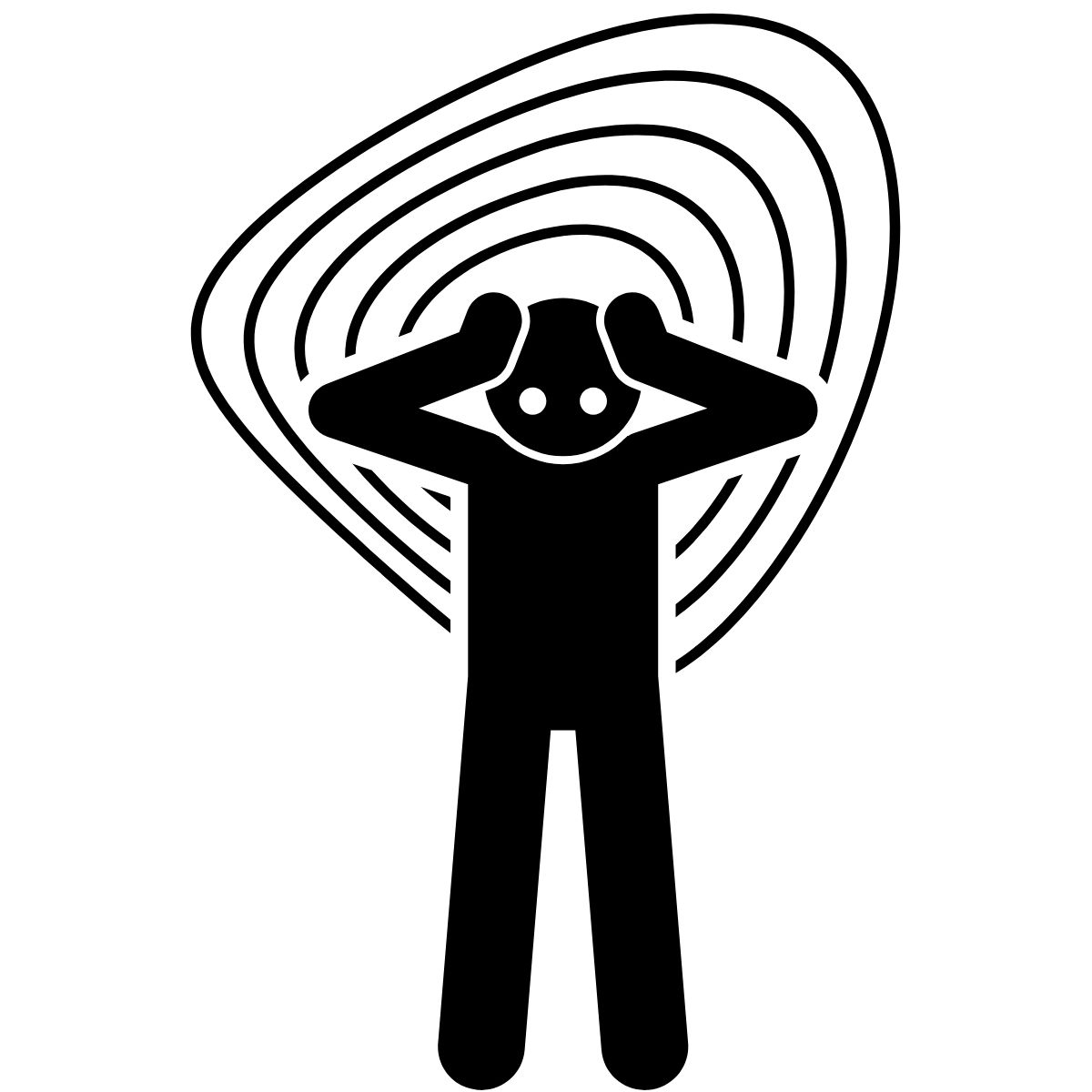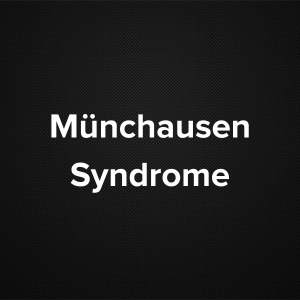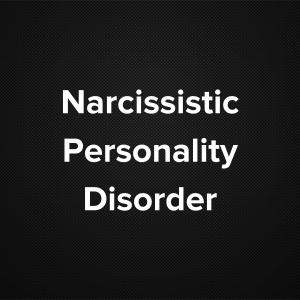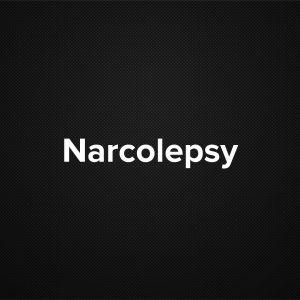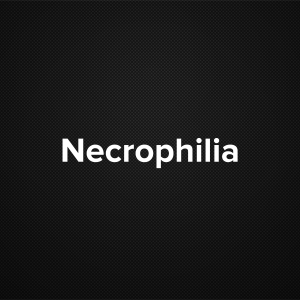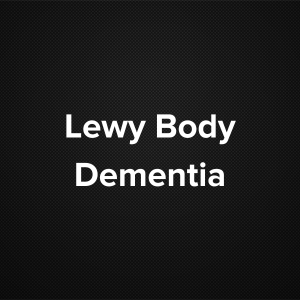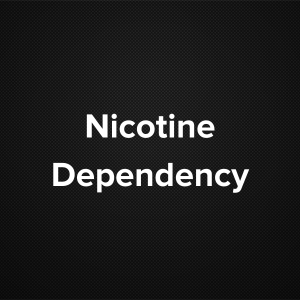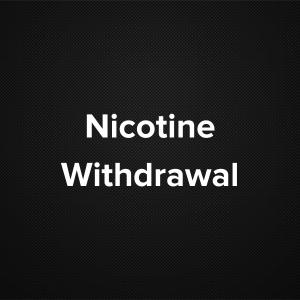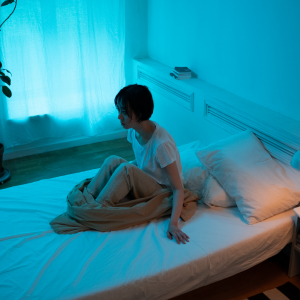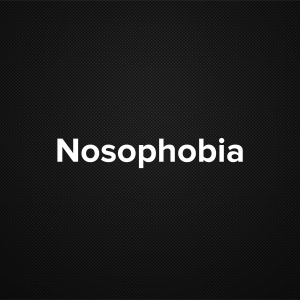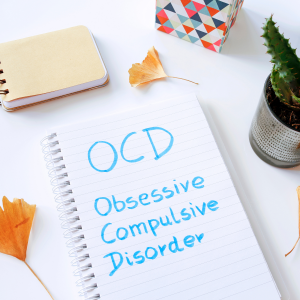Causes and risk factors
Brief reactive psychosis is triggered by stressful events of life. These stressful events vary from person to person. They include divorce, death of near and dear ones, financial loss, failure in business, child birth, etc.
Clinical presentation
Patient presents with hallucination, delusions, difficulty in concentrating, difficulty in following a conversation or remembering things. Thoughts seem to speed up or slow down. Depressed mood, social isolation is observed. Patient may become extremely active or lethargic. Sudden mood swings are observed. While speaking, they may switch topics erratically.
Investigation
Medical history by the patient and clinical examination by the psychiatrist or psychologist helps in diagnosis.
Treatment
Treatment involves psychotherapy. It involves cognitive behavioral therapy which helps the person identify and cope with the situation or event that triggered the disorder. Medications such as antipsychotics, anxiolytics, and antidepressants may be prescribed.
Other Modes of treatment
The other modes of treatment can also be effective in treating brief reactive psychosis. Homoeopathy is a science which deals with individualization and considers a person in a holistic way. This science can be helpful in combating with the symptoms. Similarly, the Ayurvedic system of medicine which uses herbal medicines and synthetic derivates are also found to be effective in treating brief reactive psychosis.
